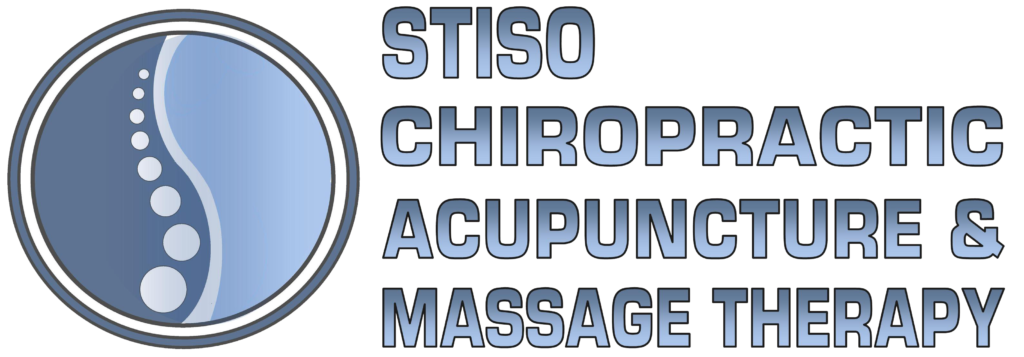
Artificial Intelligence (AI) is a major topic of discussion in regard to how it may affect all facets of modern life. When it comes to healthcare, AI is already actively being used in the U.S. healthcare system on a limited basis. Currently, healthcare organizations use AI primarily to increase speed and accuracy with the goal to improve processes and patient outcomes. Artificial Intelligence can impact the status quo of healthcare in these ways:
● Diagnosing Patients: AI algorithms analyze medical imaging data such as x- rays, MRIs, and CT scans to assist in accurate and swift diagnoses.
● Transcribing Medical Documents: Automatic Speech Recognition (ASR) technology can employ advanced algorithms and machine learning models to convert spoken language into written text, which can offer a more efficient and accurate method for documenting medical information.
● Drug Discovery and Development: AI can accelerate the drug discovery process by analyzing vast datasets to identify potential drug candidates and predict efficacy.
● Administrative Efficiency: AI can streamline administrative tasks such as billing and scheduling, reducing paperwork and improving overall efficiency.
As more technological advances are made, AI is expected to play a major role in defining data, diagnosing diseases, and aid in developing treatments.
photo credit: Dmitriy Sergeev / bigstock.com
